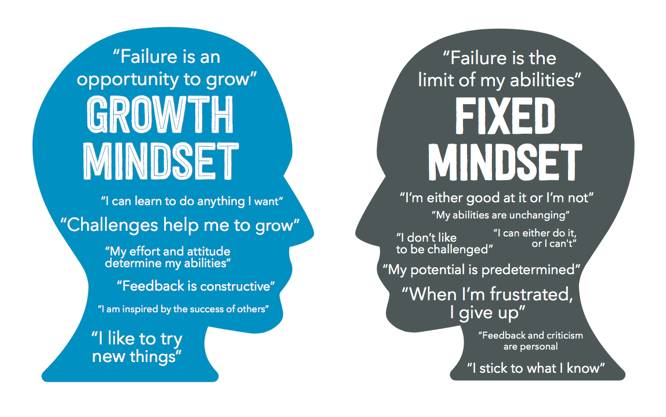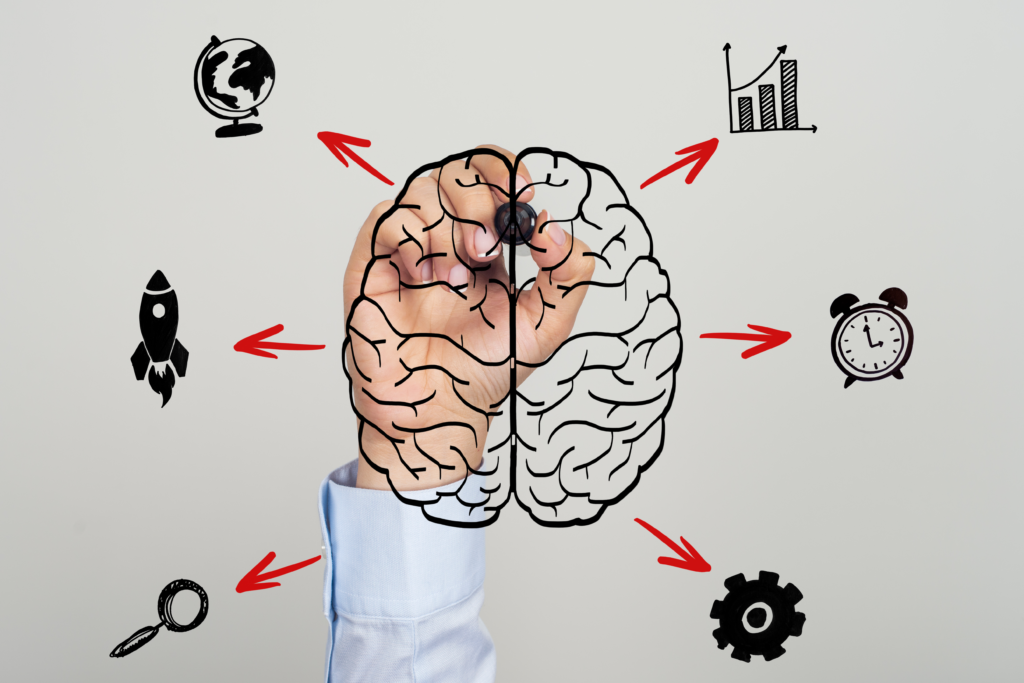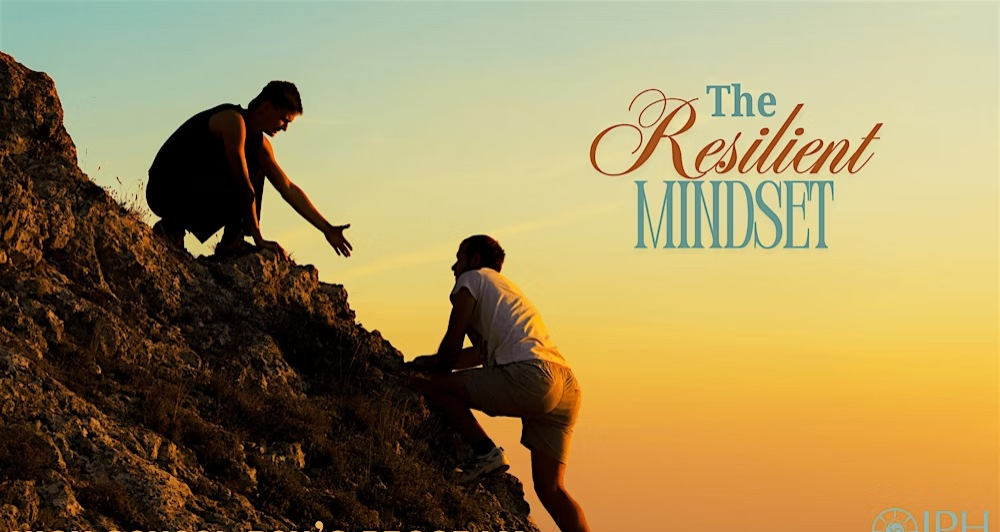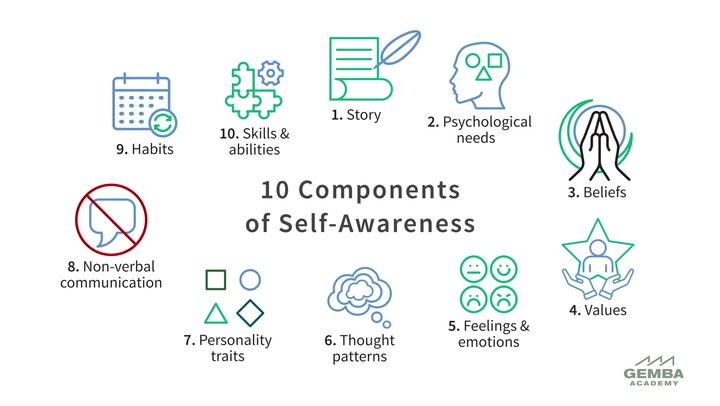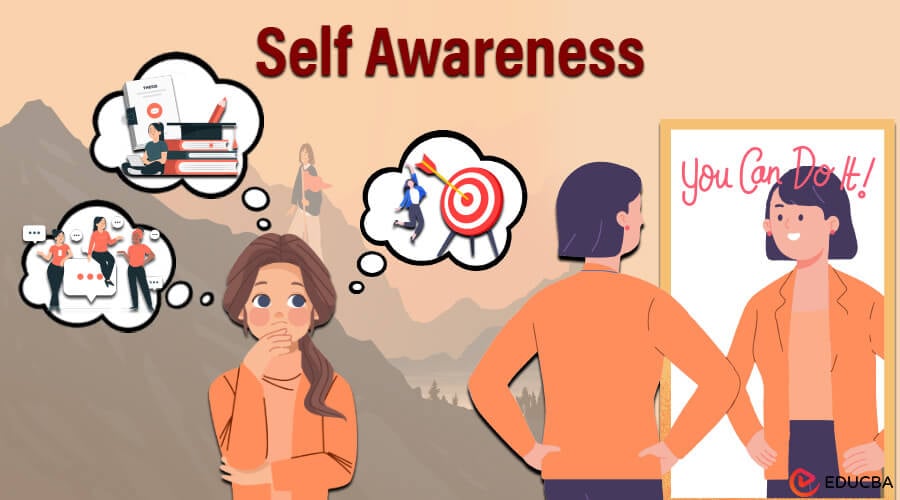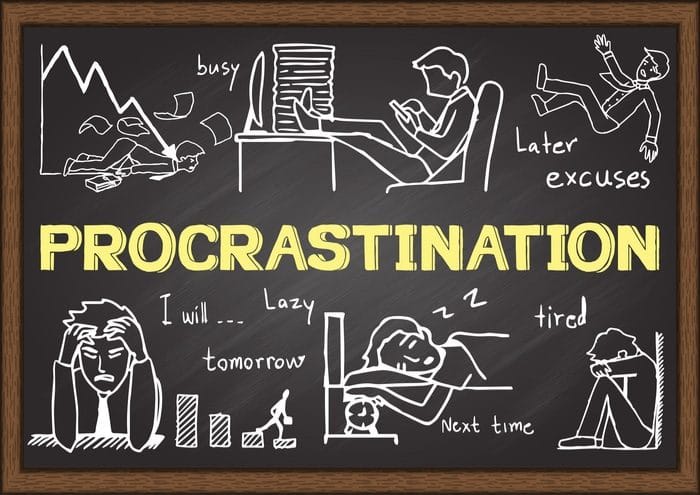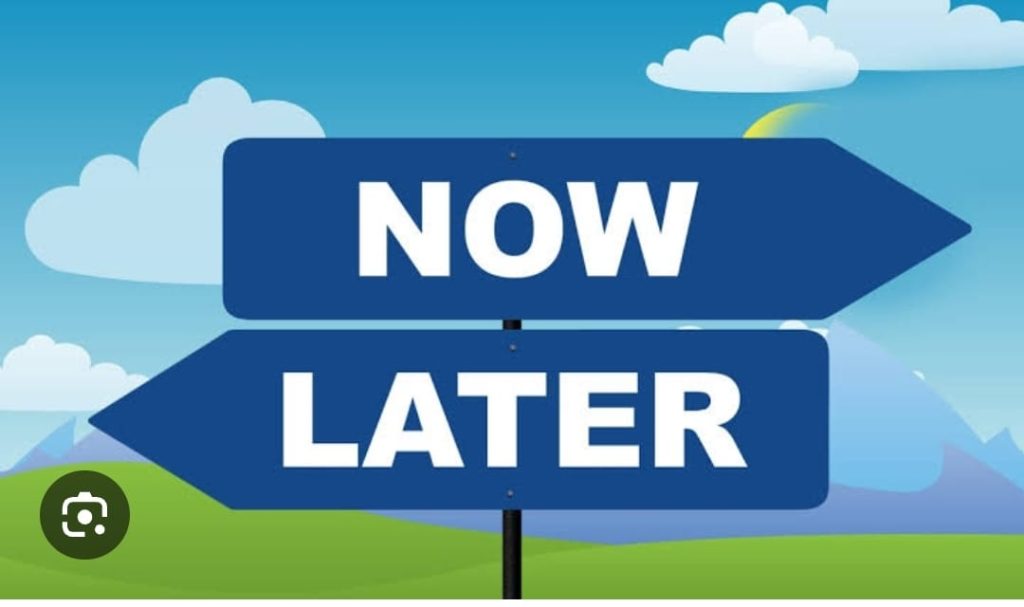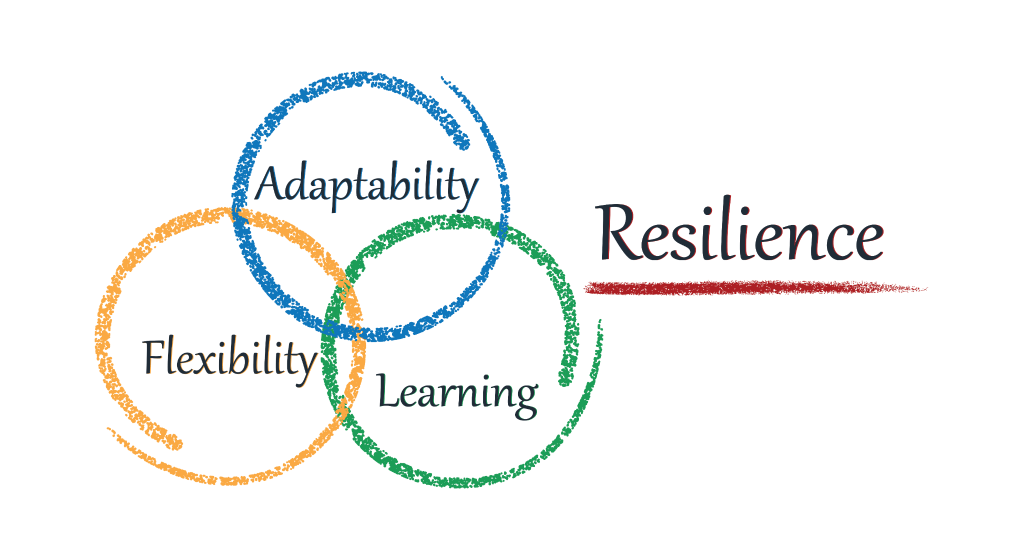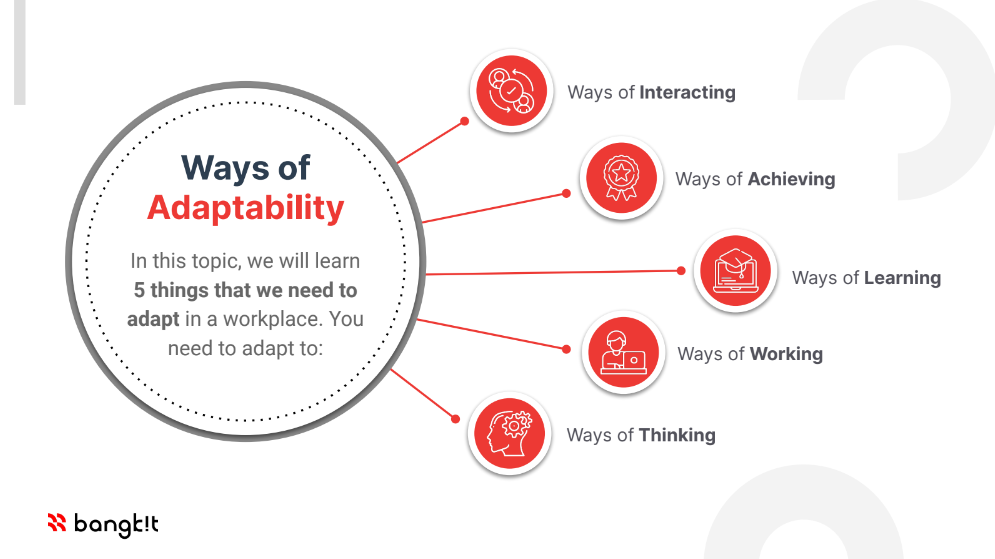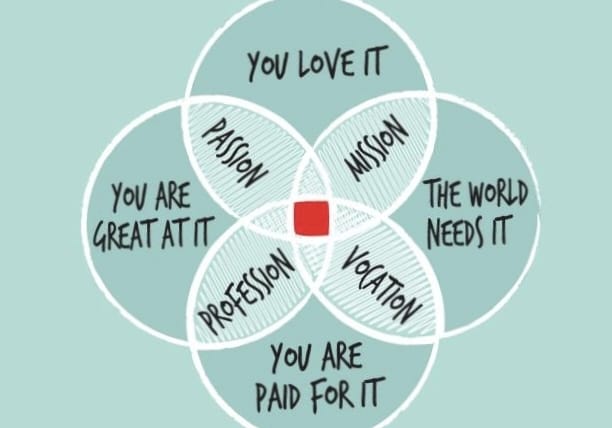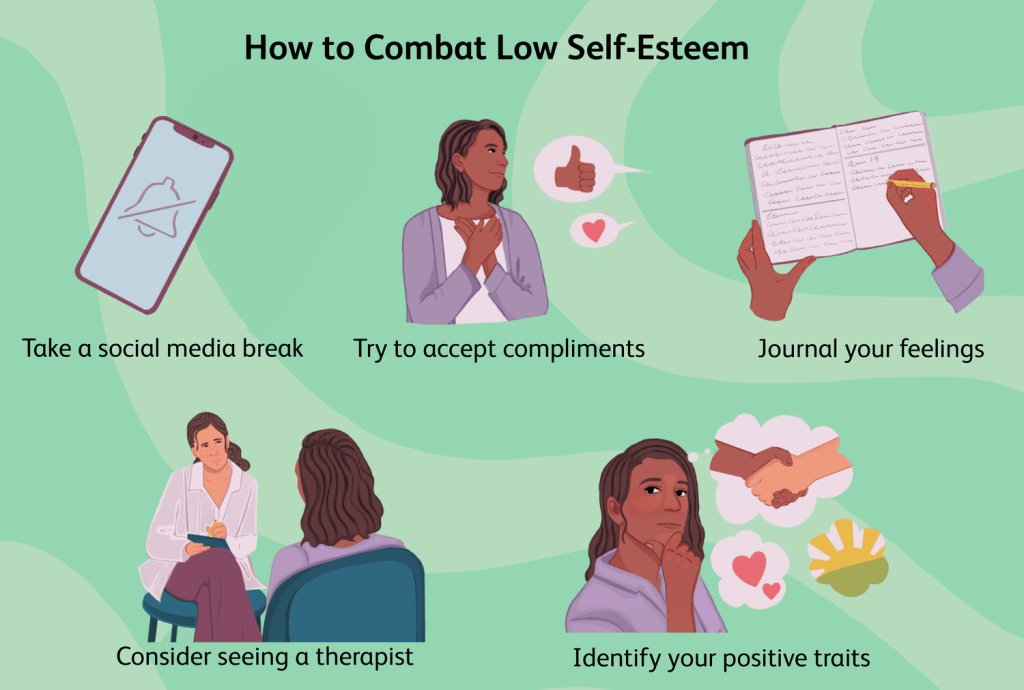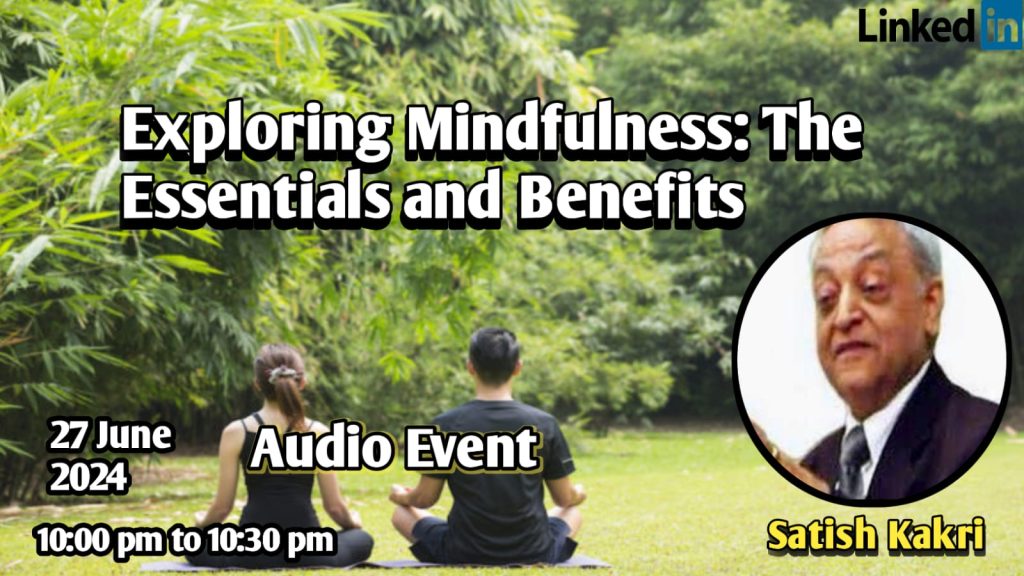Resilience: Unlocking the Power Within to Overcome Life’s Challenges
In the ever-changing landscape of life, resilience stands as an invaluable asset. It is the capacity to navigate adversities, recover from setbacks, and emerge stronger and wiser. While challenges are inevitable, how we respond to them defines our growth and success. This blog post explores the concept of resilience, its importance, and actionable ways to cultivate it in our daily lives.
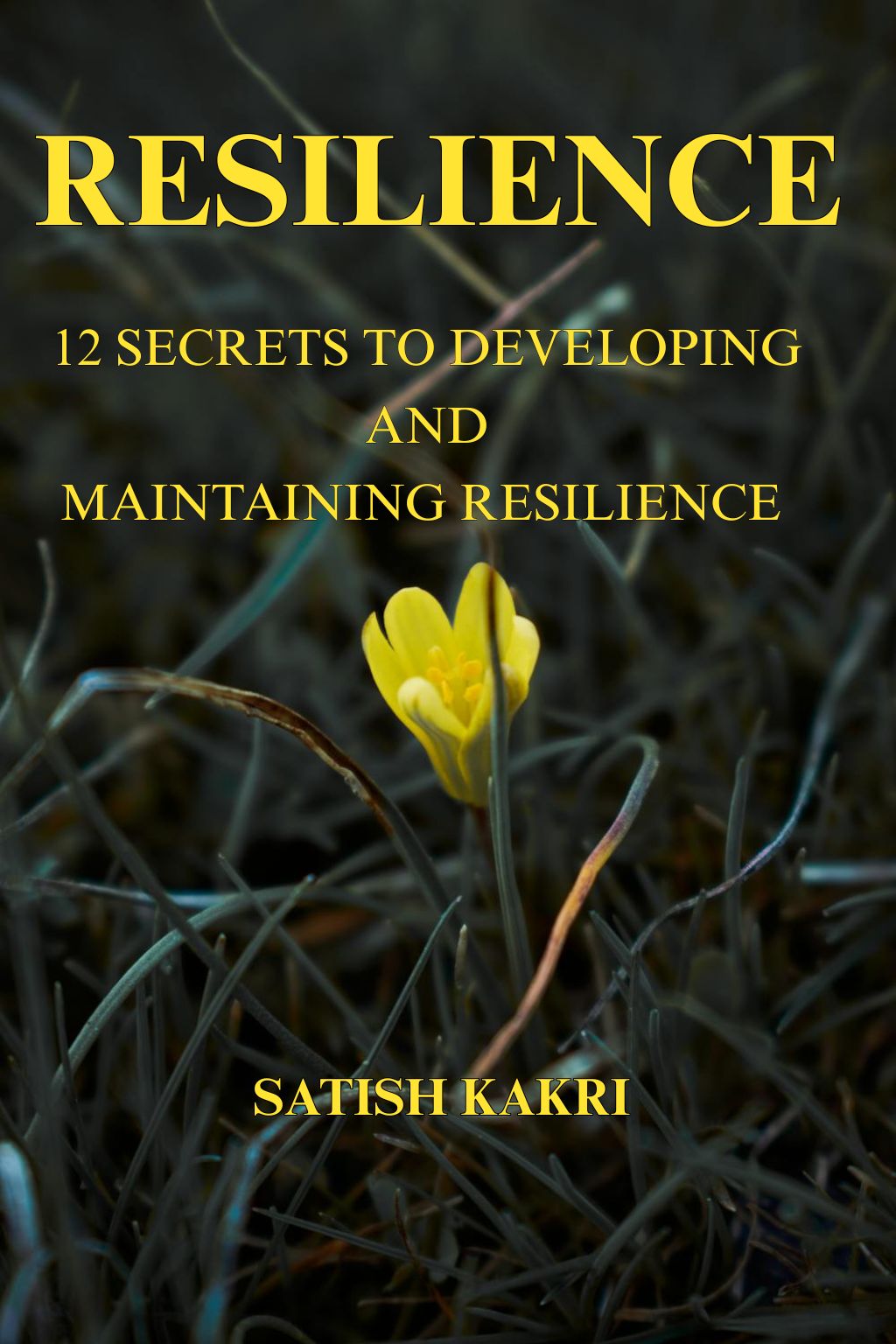
Understanding Resilience
Resilience is not merely about “bouncing back” after a setback. It’s about growing through adversity and developing the strength to face future challenges with greater confidence. The American Psychological Association defines resilience as the process of adapting well in the face of adversity, trauma, tragedy, threats, or significant sources of stress.
Resilience is not an innate trait but a skill that can be developed over time. It’s shaped by our thoughts, behaviors, and actions. Factors influencing resilience include:
Support Systems: Family, friends, and community support provide emotional security.
Self-Efficacy: A belief in one’s ability to control outcomes and achieve goals.
Adaptability: The ability to adjust to new circumstances and embrace change.
Emotional Regulation: Managing emotions effectively to maintain balance during stress.
The Importance of Resilience
Life’s journey is riddled with uncertainties. Resilience is the bridge between surviving and thriving. It enables individuals to:
Overcome Obstacles: Resilient individuals are better equipped to face and solve problems without succumbing to despair.
Enhance Mental Health: Resilience protects against mental health issues such as depression and anxiety.
Foster Personal Growth: Challenges often lead to self-discovery and a deeper understanding of one’s strengths.
Build Stronger Relationships: Resilient people communicate effectively and foster trust, even in challenging times.
Achieve Long-term Goals: Persistence in the face of setbacks leads to the realization of ambitions.
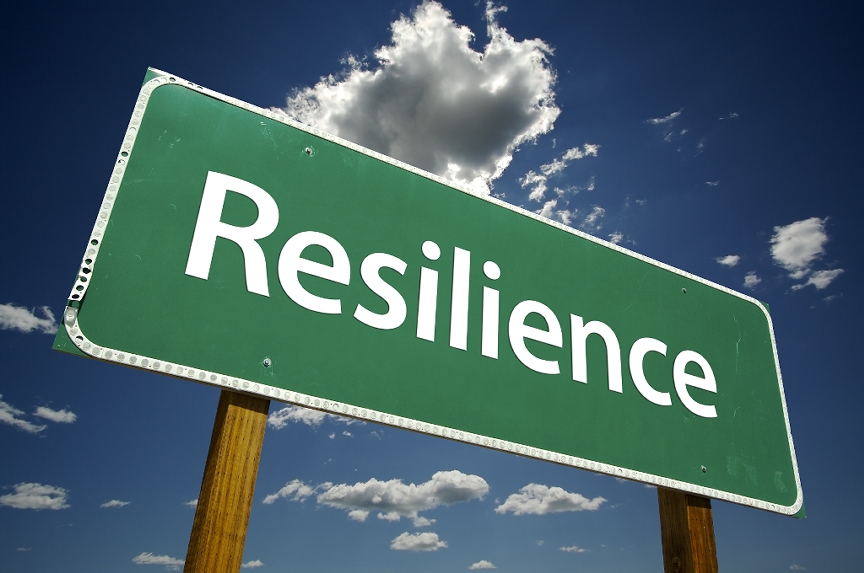
Resilience in Action
Throughout history, countless individuals have exemplified resilience. Consider Nelson Mandela, who spent 27 years in prison yet emerged with a vision to unite South Africa. His resilience was rooted in hope, purpose, and an unwavering belief in justice. Similarly, modern-day entrepreneurs who face repeated failures before achieving success demonstrate resilience’s critical role in innovation and progress.
Cultivating Resilience
Developing resilience requires conscious effort and practice. Here are key strategies to build resilience:
1. Develop a Growth Mindset
Embrace challenges as opportunities for growth. Instead of viewing setbacks as failures, see them as learning experiences. A growth mindset fosters adaptability and persistence, essential components of resilience.
2. Strengthen Emotional Intelligence
Being aware of and managing your emotions helps you stay composed during stressful situations. Practice empathy and seek to understand others’ perspectives, which can also enhance interpersonal resilience.
3. Build a Support Network
Cultivate relationships with people who uplift and support you. Sharing your thoughts and feelings with trusted individuals can alleviate stress and provide new perspectives on problems.
4. Set Realistic Goals
Break down long-term goals into smaller, manageable steps. Celebrate progress, no matter how small, to maintain motivation and focus.
5. Practice Self-care
Physical health greatly influences mental resilience. Regular exercise, a balanced diet, adequate sleep, and mindfulness practices such as meditation can enhance your ability to cope with stress.
6. Develop Problem-solving Skills
Approach challenges systematically. Identify the issue, brainstorm solutions, evaluate options, and take actionable steps. This structured approach builds confidence in your ability to overcome difficulties.
7. Maintain Perspective
During tough times, it’s easy to lose sight of the bigger picture. Practice gratitude and remind yourself of past successes. This helps build optimism and reduces feelings of helplessness.
8. Learn from Setbacks
Reflect on what went wrong and identify lessons that can guide future actions. Resilient individuals see failures not as dead ends but as stepping stones to success.
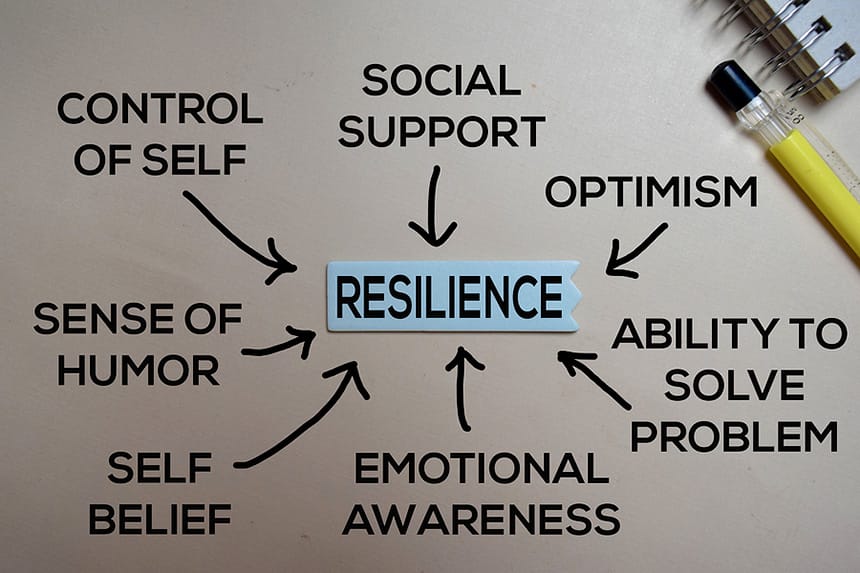
The Neuroscience of Resilience
Resilience is deeply connected to brain function. The prefrontal cortex, responsible for decision-making and emotional regulation, plays a vital role in resilient behavior. Regular practice of mindfulness and stress management techniques can strengthen this part of the brain.
Neuroplasticity, the brain’s ability to reorganize itself, also supports resilience. By adopting positive habits and thought patterns, we can rewire our brains to respond to stress more effectively.
Common Myths About Resilience
“Resilient People Don’t Feel Pain or Stress”: Resilience doesn’t mean immunity to emotional pain. It’s about managing and moving through pain constructively.
“Resilience is a Lone Effort”: While personal effort is crucial, resilience often involves seeking help and building strong connections with others.
“Resilience is Fixed”: Resilience can be nurtured and strengthened at any stage of life.

Resilience in Different Contexts
1. Resilience in the Workplace
Modern workplaces demand adaptability, collaboration, and perseverance. Resilient employees are better at managing stress, adapting to change, and maintaining productivity under pressure. Organizations can foster resilience by promoting work-life balance, providing resources for mental health, and encouraging open communication.
2. Resilience in Education
Students face academic pressures, social challenges, and personal struggles. Teaching resilience equips them with tools to navigate these hurdles and build confidence in their abilities. Schools can integrate resilience training into their curricula through activities that promote problem-solving, teamwork, and emotional intelligence.
3. Resilience in Relationships
Resilience strengthens relationships by fostering trust, understanding, and effective conflict resolution. Partners who support each other through tough times deepen their emotional connection and mutual respect.
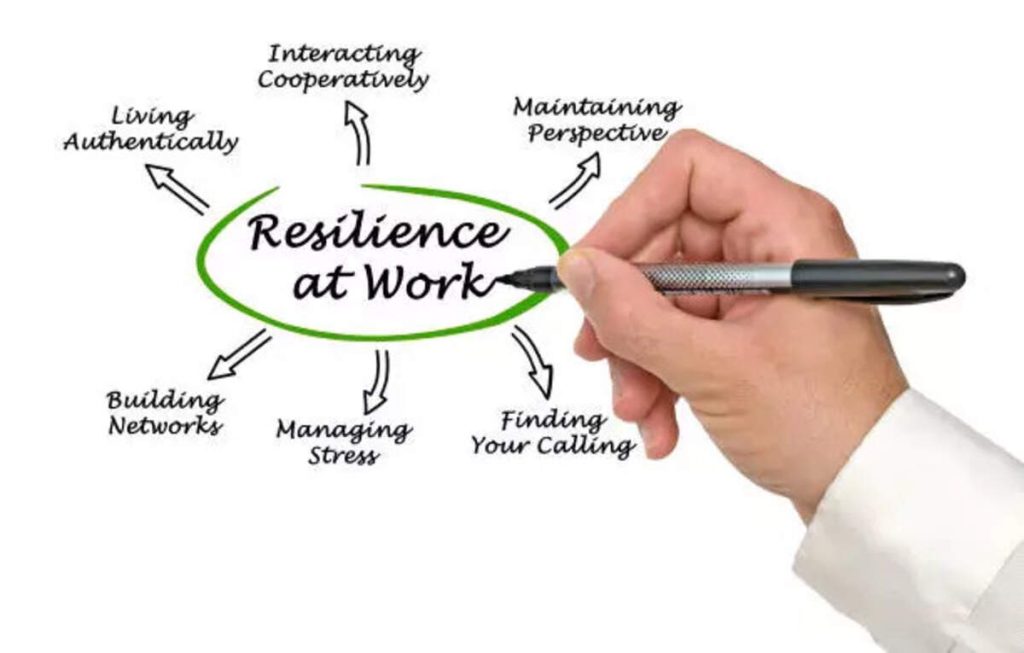
Practical Exercises to Boost Resilience
Daily Journaling: Write about challenges, emotions, and positive outcomes. Reflecting on experiences promotes self-awareness and emotional growth.
Mindfulness Meditation: Spend 10 minutes daily focusing on your breath and staying present. This practice reduces stress and enhances emotional regulation.
Gratitude Practice: List three things you’re grateful for each day. This shifts focus from problems to positives, building optimism.
Visualization: Imagine overcoming a specific challenge. Visualization can build confidence and prepare you mentally for real-life situations.
Resilience is a dynamic and transformative quality that empowers individuals to navigate life’s complexities with grace and strength. By cultivating resilience, we not only improve our own lives but also inspire and support those around us.
Whether you’re facing personal challenges, professional hurdles, or societal adversities, resilience equips you with the tools to persevere and thrive. Remember, resilience is a journey, not a destination. Every small step you take toward building it is a testament to your inner strength and potential.
https://nimblefoundation.org/
Thanks for Reading.





